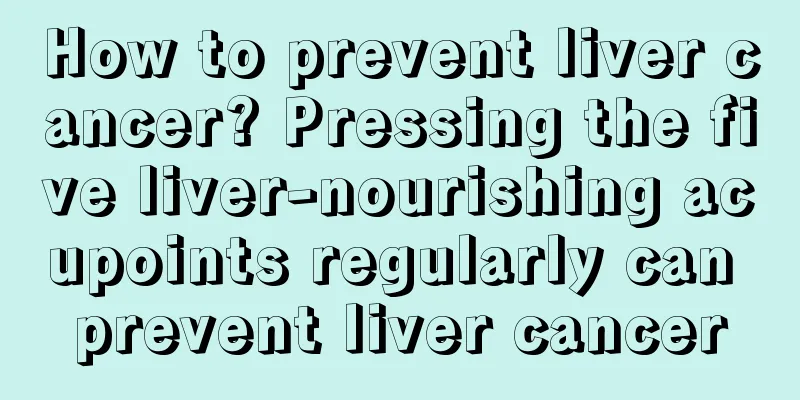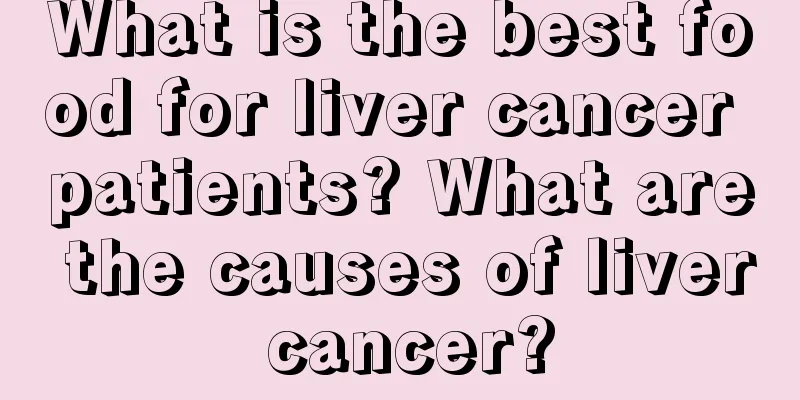What causes nasopharyngeal cancer

|
The occurrence of nasopharyngeal carcinoma is related to a variety of reasons, such as genetics, environmental factors, and viral infection. Treatment requires radiotherapy, chemotherapy, or surgery according to the condition. The cause of nasopharyngeal carcinoma is complex and involves multiple aspects, so targeted treatment is required based on individual conditions. 1. Genetic factors are one of the important causes of nasopharyngeal carcinoma. People with a family history of nasopharyngeal carcinoma have a significantly increased risk of the disease, which may be related to specific gene mutations. It is recommended that people with a family history undergo regular nasopharyngeal examinations to detect lesions early. 2. Environmental factors play an important role in the occurrence of nasopharyngeal cancer. Long-term exposure to chemical carcinogens, smoking, drinking and other bad living habits will increase the risk of disease. Improving the living environment, quitting smoking and limiting alcohol, and avoiding contact with harmful substances are key measures to prevent nasopharyngeal cancer. 3. Viral infection is closely related to nasopharyngeal carcinoma. Epstein-Barr virus infection is considered one of the main causes of nasopharyngeal carcinoma. This virus can be transmitted through saliva. Paying attention to personal hygiene and avoiding close contact with infected people can help reduce the risk of infection. 4. Physiological factors may also affect the occurrence of nasopharyngeal cancer. Long-term chronic inflammation, low immune system function and other physical conditions may increase the probability of disease. Maintaining good living habits and enhancing immunity can help prevent nasopharyngeal cancer. 5. Treatments for nasopharyngeal carcinoma include radiotherapy, chemotherapy, and surgery. Radiotherapy is the main treatment for nasopharyngeal carcinoma and is suitable for patients in the early and middle stages. Chemotherapy is often used in combination with radiotherapy to enhance the therapeutic effect. For some patients in the late stages, surgery may be a necessary treatment option. 6. During the treatment, attention should be paid to nutritional support and psychological counseling. Nasopharyngeal cancer patients often experience problems such as decreased appetite and malnutrition due to side effects of treatment. Reasonable dietary conditioning and nutritional supplements can help improve the treatment effect. At the same time, psychological support is also crucial to the patient's recovery. The prevention and treatment of nasopharyngeal carcinoma requires comprehensive consideration of multiple factors. Early detection and early treatment are the key to improving the cure rate. The risk of nasopharyngeal carcinoma can be effectively reduced by improving lifestyle habits, enhancing immunity, and regular check-ups. For patients who have been diagnosed, actively cooperating with treatment and maintaining a good attitude can help improve their quality of life. |
<<: Is surgery still recommended for lung cancer at the age of 70?
>>: Will I get ovarian cancer if I have amenorrhea
Recommend
Are big ants poisonous?
In summer, you can see ants almost everywhere. Th...
How to get rid of garlic smell on hands
In daily life, people sometimes use garlic when m...
What are the precautions for liver cancer chemotherapy? What are the folk remedies for treating liver cancer?
What are the precautions for liver cancer chemoth...
How to better deal with wound infection
In life, there are always some accidental injurie...
What is the reason for continuous coughing for a month
There are many patients who cough continuously fo...
Which method is best for treating patients with advanced prostate cancer?
Therapeutic antibiotics diffuse from plasma into ...
What are the benefits of brushing your teeth with salt water
Everyone must have heard of gargling with salt wa...
Does secondary pollution from air purifiers really exist?
Pollution can be seen everywhere in modern societ...
Early symptoms of different intestinal tumors
In recent years, intestinal tumors have become on...
There is a hard lump in the groin
If there is a lump in the groin, the first thing ...
What should I do if my emotions are always unstable?
Some people are always emotionally unstable. Some...
Is it okay to put lipstick in the refrigerator?
Many people like to put lipstick in the refrigera...
What vitamins are missing for dark circles?
Dark circles bring troubles, affect appearance an...
What is the reason for knee deformation
Most people think that knee deformity is a proble...
No matter where the pain is, just press it and it will be cured
Headache switch - rub the eyebrows Whether you ha...









